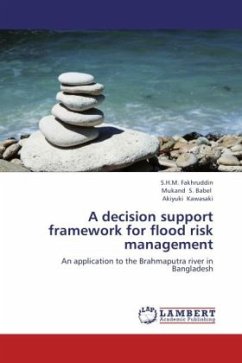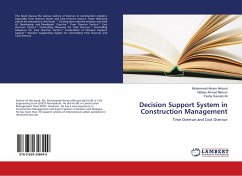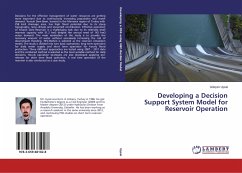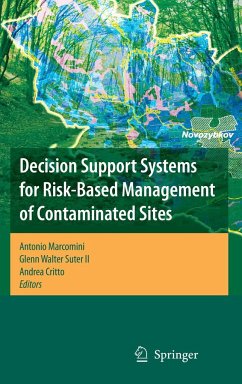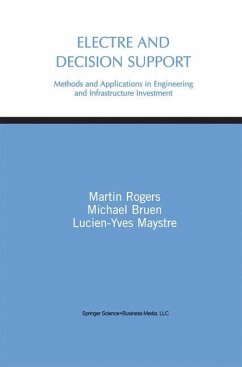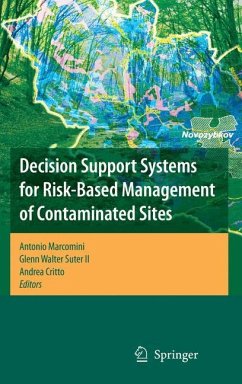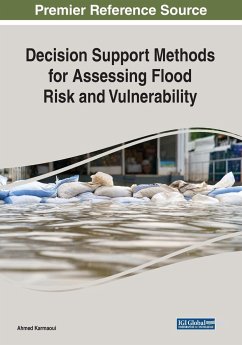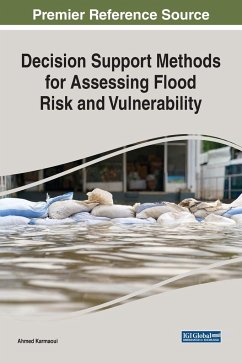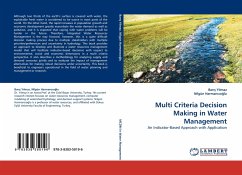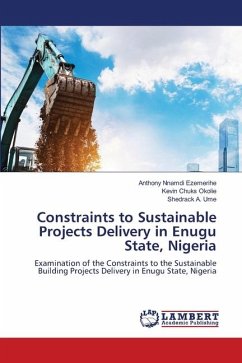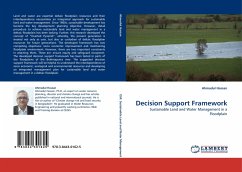
Decision Support Framework
Sustainable Land and Water Management in a Floodplain
Versandkostenfrei!
Versandfertig in 6-10 Tagen
52,99 €
inkl. MwSt.

PAYBACK Punkte
26 °P sammeln!
Land and water are essential deltaic floodplain resources and their interdependence necessitates an integrated approach for sustainable land and water management. Since 1980s, sustainable development has become the key development planning objective. However, detail procedure to achieve sustainable land and water management in a deltaic floodplain has been lacking. Further, this research developed the concept of Inverted Pyramid , whereby, the present generation is treated not only as user, but also as custodian of deltaic floodplain resources for future generations. The developed framework ha...
Land and water are essential deltaic floodplain resources and their interdependence necessitates an integrated approach for sustainable land and water management. Since 1980s, sustainable development has become the key development planning objective. However, detail procedure to achieve sustainable land and water management in a deltaic floodplain has been lacking. Further, this research developed the concept of Inverted Pyramid , whereby, the present generation is treated not only as user, but also as custodian of deltaic floodplain resources for future generations. The developed framework has two competing objectives: socio economic improvement and maintaining floodplain environment. However, there are two important constraints in attaining them. These are: ensure equity and safeguard ecosystem. The developed decision support framework has been tested in parts of the floodplains of the Brahmaputra river. The suggested decision support framework will be helpful to understand theinterdependence of socio economic, ecological and environmental resources and developing an integrated management plan for sustainable land and water management in a deltaic floodplain.



